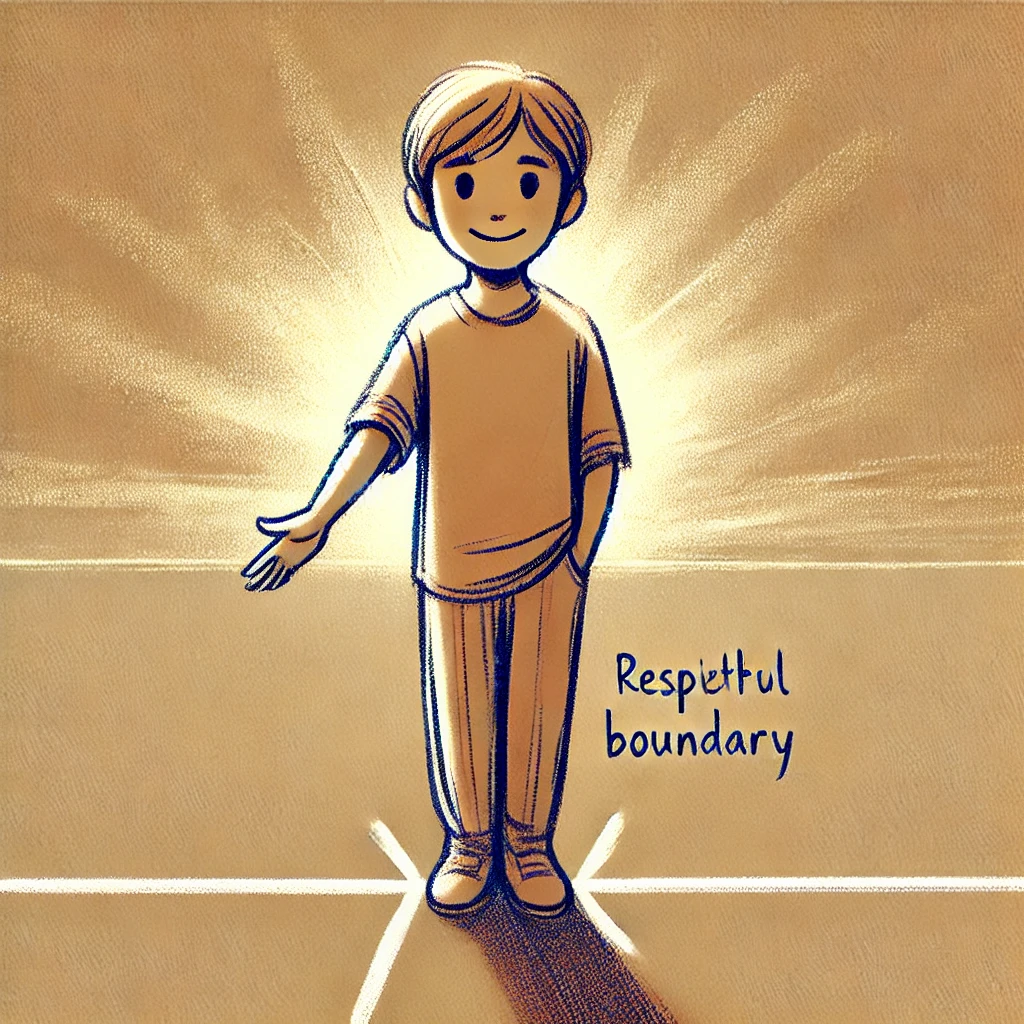Last week, we explored the complexity of life and even considered learning to love it. Depending on your preference, you can find the post here or here if you missed that discussion.
I’m frequently reminded of how complex life can be, and how that complexity often makes life challenging. Based on your comments and emails, I assume many of you can relate.
This week, I’d like to delve into how we can better understand others by embracing life’s complexity. When we accept that life is complicated, it opens the door to greater empathy for others. Acknowledging that life is complicated helps us develop a more profound empathy for those around us. The reality is that we often have little idea of what others are experiencing. However, we can safely assume that their lives are complex because, well, life is often complex. We can also assume that they struggle with certain aspects of life, perhaps even failing in some areas.
When we embrace life as complicated, we can empathize better with others.
We’ve reached a point in society where we’re expected to pretend that failure doesn’t exist, but this is neither truthful nor helpful. The stakes in life are too high to comfort ourselves with delusions. Accepting the possibility of failure enables us to empathize more deeply with others. Remember our discussion on tales of comfort for reference.
When we deny the possibility of failure—whether in life as a whole or in specific areas—we rob ourselves of the opportunity for empathy. Consider the harsh person—perhaps he grew up in an abusive home. Or the woman who seems distant and unkind—maybe her husband took his girlfriend to Thailand, engaged in questionable activities, and is now on the brink of becoming her ex-husband. A woman who behaves inappropriately might be grappling with the loss of her mother at a young age. The man who can’t seem to stop drinking might be mourning the sudden death of his brother. The “rich” person who’s always on vacation—perhaps we know nothing of the countless hours they’ve spent building their business. The “poor” person who doesn’t want to work—maybe we’re unaware of their personal struggles. And that person whose behavior annoys you—truthfully, we have no idea of the tragedies and heartaches they may have endured.
I once heard that everyone is desperately insecure and in need of affirmation. While I’m not a fan of universal statements, I’ve found this one to be painfully accurate. Almost all of us are just trying to navigate each day, striving to understand how to give and receive meaningful love. This doesn’t mean we should tolerate inappropriate behavior from others. Some people do have evil intentions, and not every parent, for example, wants what’s best for their children. Not everyone we meet has good intentions; some refuse to put in the effort required to behave in ways that benefit others.
This doesn’t mean that we have to accept inappropriate behavior.
Embracing this difficult truth is essential for healthy living. It’s important to remember last week’s discussion about holding two truths in tension. We can empathize with someone who has endured difficult or tragic events and still refuse to accept harmful or toxic behavior from them. Therapists often discuss the challenge of feeling empathy for clients who engage in destructive behavior due to childhood trauma while still encouraging them to strive for a better life. This principle applies to our everyday interactions as well. We don’t have to tolerate toxic and destructive behavior, even as we empathize with those who exhibit it.
We can withhold judgment and establish boundaries. Judgment pertains to a person’s value, while boundaries address their behavior. However, empathy should not enable a perpetual victim mentality. Understanding how circumstances shape a person doesn’t mean they should remain trapped in tragedy. For our lives to be meaningful, we must strive to overcome the inherent difficulties.

“Struggle gives meaning to our lives. We’re all searching for a purpose in life, and the biggest obstacle to finding it is the mistaken belief that happiness and meaning are about avoiding pain. But it’s in the challenge, the struggle, that we find what’s truly meaningful.”
~Arthur Brooks,
Conclusion
When we embrace life as difficult and complex for nearly everyone, we can develop a more profound empathy that allows us to recognize how little we know of others’ lives. At the same time, this empathy doesn’t prevent us from holding boundaries for how we interact with others.

